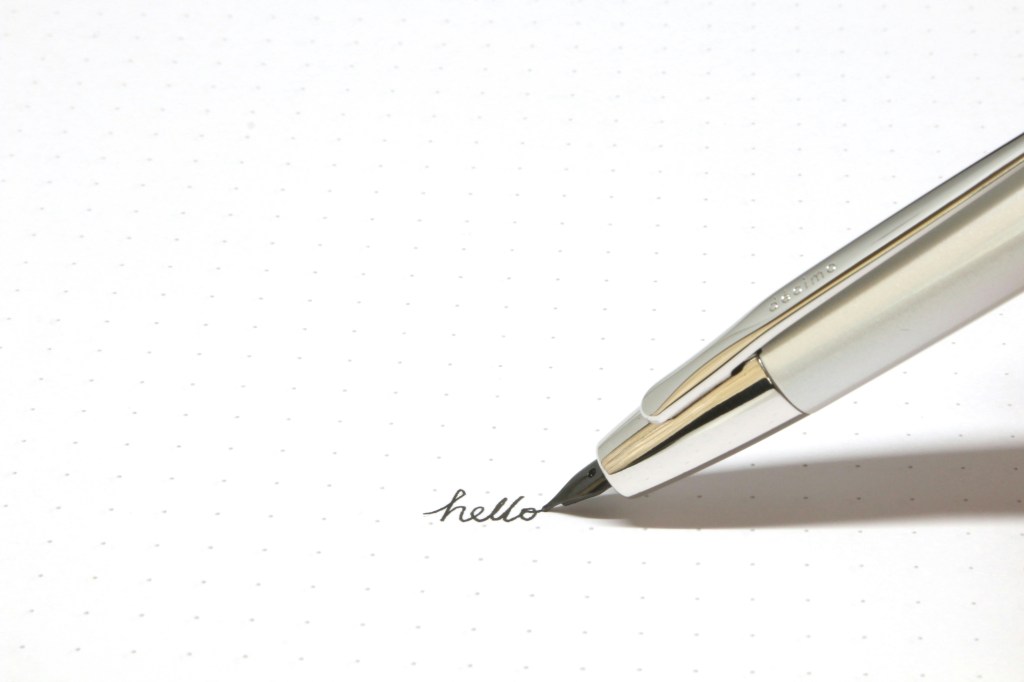Her grandmother’s mental decline has coincided with Lisa’s own intellectual ascendance. Soon after finding a discipline worth pursuing at master’s level—linguistics—Lisa lighted upon a topic for her capstone project.
She first discovered it when listening to Nana’s verbal ramblings. There’s a structure to them, she thinks, something she’s not yet seen discussed in the literature.
The pattern becomes even clearer as Lisa transcribes the data. Her grandmother consistently speaks in clauses without subjects.
‘Worked in the bakery.’ Lisa took the recordings at her grandmother’s bedside in the assisted living facility. Now she meticulously captures the many times Nana has repeated this same subjectless utterance.
Finally she hears her own voice interrupt the pattern. ‘Who did?’
Her prompt seems to have pushed the conversation forward. ‘Always covered in flour. Head to toe in flour. Always baking, always kneading. I kneaded, too.’
Lisa pauses the recording, noting the first occurrence of a clause with a subject—the first person singular—and puzzles over her transcription of the past tense verb. Kneaded. She hesitates, reflecting on the homonym, and types [needed?] in brackets.
I needed, too.
The more she listens, the more she’s inclined to think need is the intended verb.
It’s a love story she’s recorded, she realises, and the baker lover is clearly not Nana’s husband. Lisa’s grandfather was never a baker, as far as she knows. He worked as a partner in his father’s law firm.
Like a detective pursuing a lead, she types out the subjectless clauses and rewrites them, filling in the blanks.
My first love worked in the bakery, she tries. He was always covered in flour. He was always baking, always kneading.
She plays the next segment.
Sixteen years old. Owensboro.
A quick text to her mother confirms her suspicions:
Where did Nana live as a girl?
Owensboro, KY. Why do you ask?
Thanks! Will explain later. Lisa does not notice the family resemblance in her own subjectless reply.
She Googles ‘Owensboro’. One fact about the town’s history stands out: it was the site of the last public hanging in the US. Families travelled from far and wide to enjoy the event, their children gorging on hot dogs as they watched the dead man swing.
That was in 1936, the year Nana turned 16. The condemned was a Black man.
She tucks the information away in the files of her mind. Best to avoid distractions, she thinks. She plays the next bit of the recording.
‘Head to toe in flour,’ she hears. ‘Used to tease me. White, like you.’
Lisa amends her transcript to place the last utterance in quote marks. Context dictates that it would have been the baker lover, not Nana herself, who was covered in flour. ‘White, like you’ would have been the teasing remark.
What she now knows about the dangers of Owensboro, Kentucky in 1936 has pushed itself tenaciously to the forefront of her mind, like the noun phrase at the upper left position in the top branches of a syntax tree. The subject.
If her grandmother’s lover teasingly described his flour-covered self as ‘White, like you’, then Nana’s first love could not have been, himself, White.
The next line of the transcript reveals a subject even more taboo.
‘Warm and sweet. Breasts like cinnamon buns.’
Her headphones convey the girlish giggles of her former, senseless self. ‘It’s probably not a good idea for me to write about your breasts in my paper, Nana.’
Her grandmother’s response travels forward, to the future subject, whose ears are pricked to pick up what her earlier version could not hear.
‘Not my breasts. Hers.’
With the possessive feminine pronoun, Lisa realises, her grandmother has revealed the missing subject. The subject itself possessive and feminine. The subject as object—of a forbidden love story, Black and female, lost to time and history, like so much that is Black and female, never broached until now, in this place of syntactic safety, where words will no longer condemn.
Would you like to know more about this story? Check out my behind-the-scenes post on Patreon.



















